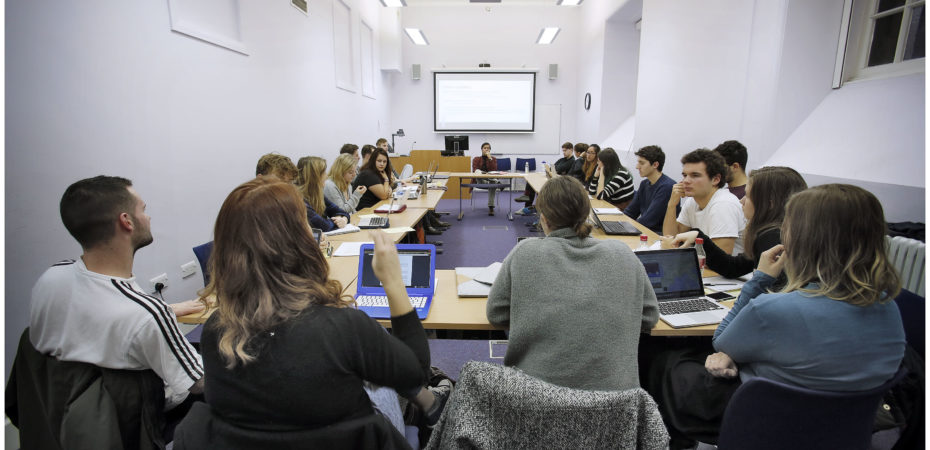We plan our workshops many months in advance and decided that we’d stick with our programme (albeit online) during shutdown. Of all the sessions we’ve run, “Getting Your First Lecturing Job” is the one that I hesitated about given that the situation in the University is changing so quickly. However, I reviewed the session, spoke to a couple of academics for up to date advice and we went ahead as planned. The session already contains advice on perseverance and thinking about plan B (which is covered in our Career Options workshops), but these were messages that I emphasised in the recording.
As I write this, my expectation of our University and others in the sectors is that we will still be recruiting but it’s safe to say we will see a significant impact and fewer opportunities will be opening.
As with other sessions, there’s a new course handbook which I hope will help people who didn’t attend the course follow the recording and work flexibly on their plans. (The recording has benefited from expert editing by Vicente Noviello.)
SESSION RECORDING: Getting Your First Lecturing Job
HANDBOOK: Career First Lecturing Job
The slides from the session are also available – again, with some additions, particularly in the last few slides which include fresh advice from academics around the University.
SLIDES: Career Choice 3 – First Lecturing Job
The links from the session are in the handbook, so I’ll close this short blog with a few final reflections from a senior academic.
Universities will be under pressure for years, but we’ll also need good people and new skills. Take the time now to get to grips with online teaching and volunteer to help your Director of Teaching support our students, particularly if you can’t do research from home. There’s lots of training around the University on digital learning and teaching so look for this.
As we start to recover, opportunities will start to appear again. Don’t be afraid to leave the sector if that’s where the opportunities are. You can stay in touch through supervision of PhD students, working with us on collaborations and by offering to help out of advisory boards, with student projects and all kinds of other things. Your broader skill set and external connections might be even more valuable in the future.
And a final message from me. I graduated in the middle of a recession and went from expecting 4 job offers (the norm for my degree) to there being nothing on offer. These things pass and the new opportunities that you would never have considered otherwise might prove to be as satisfying and motivating as the career you were preparing for. The reputation of Edinburgh is strong and will benefit you in your career – despite the challenges, you have a huge amount to offer.
This training was developed to support our research staff including our Train@Ed cohort of fellows. Train@Ed has received funding from the European Union’s Horizon 2020 research and innovation programme under the Marie Skłodowska‐Curie grant agreement No. 801215


